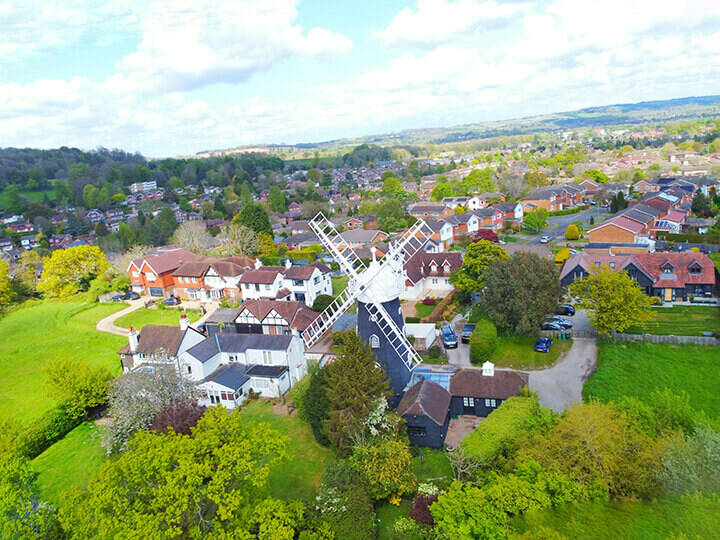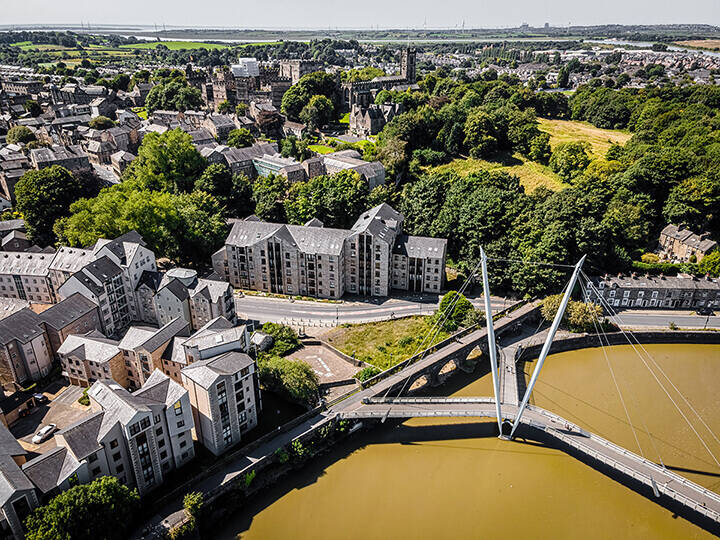The West Midlands Regional Observatory (WMRO) is an excellent example of cross-organisation and cross-departmental working.
The WMRO is a rich resource providing information, knowledge and expertise to a range of audiences. Specific attention is paid to policy makers.
WMRO is supported by experts from a variety of organisations, public, private and third sector.
- Policy-based reports
- Information
- Maps
- A blog
- Links to experts
Key learnings
There is real strength in numbers – different organisations bring different knowledge and experience together. This provides a rich knowledge-base to support policy making in the West Midlands. Cross-departmental working is facilitated through use of technology and by creating an online library of information.
Redcing the use of jargon and sector-specific language creates a common platform of understanding, accessible to everyone. Success rests with the individuals and their organisations. They appreciate the value of volunteering to enhance their own and others’ knowledge and skills.
The topic groups that drive the work of the network include a geographical information (GI) group. All groups understand that the GI group is available to support their work programmes.
Background to the organisation
The WMRO was set up in 2002 to improve the quality of strategy formulation and policy making in the West Midlands. The WMRO’s research topics are driven by and support regional, sub-regional and local policy priorities.
Who was involved
The WMRO engages with its partners throughout the West Midlands region through a range of themed networking and data groups. Central to the continued success of the WMR@O is the range of organisations involved in these groups.
A Partnership Board, consisting of volunteers form the public, private and third sector, directs the overall work of the observatory. This work is influenced by four topic groups that record the views of the wider region by attracting members from a variety of organisations. Their views are fed through to the board.
- The topic groups include:
- An environment group
- A population and society group
- An economy and labour force group
- A geographical information (GI) group
The groups are coordinated by the observatory.
The problems and how we tackled them
As with many other areas and organisations, ‘silo working’ was resulting in duplication of effort and knowledge not being shared. WMRO was set up in recognition that change could best be effected by enabling knowledge sharing between all organisations in the West Midlands.
One of the first groups set up was the geographical information (GI) topic group. This gives technical advice to the observatory and associated groups on how GI software and techniques can be used to interpret information and map data.
WMRO has grown significantly since 2002. Its aim is to be the source of facts, figures and research about the West Midlands. This is to inform policy and, in turn, bring about real change and development in the region.
The momentum of the work is maintained through regular meetings between the topic groups. There is also wider networking through an online ‘blog’. This provides a forum for new information to be highlighted. Arguably one of the unique aspects of the observatory is the range of people behind the scenes who meet regularly to share information.
Outcomes and impacts
One of the biggest impacts has been that WMRO has enabled representatives to break out of their silos and work with other organisations. The work of the GI group underpins many of the other network groups. It provides information and guidance for the environment group, for example.
The GI group has produced many valuable sections for the observatory’s website. This includes:
- Quick guides to collecting spatial data
- Background to national projects, such as the Napping Services Agreement (MSA)
- Online interactive maps
Through the ‘state of the Regtion’ process, the observatory is strengthening links between research professionals and policy makers in the region. The topic groups take an active role in this process giving a wider perspective than the observatory can accomplish alone. Topic groups write sections of the themed reports, which are used to inform decision making in the region.
The focus is on knowledge, not information. Information is collected not for the sake of it, but to inform action and evidence-based change in the region.
What could have been done better?
One of the main challenges the observatory has encountered is how to engage further with policy makers outside their existing networks. To achieve this, the observatory is engaging with partners outside existing networks. Closer working relationships with all the West Midlands strategic local authorities is one example.
The WMRO is also leading by example through:
- Demonstrating the value of geographic knowledge
- The use of technology – both through the website and blog
- Reducing the use of jargon
- Using GI tools to present information simply
In combination, these have encouraged better links to the key policy makers in the region.
Next steps
Immediate plans include enhancing the usability of the website further to help users find information more quickly. The observatory is also developing and expanding the content of regional resource catalogue and developing the ‘State of the Region’ reporting process.



